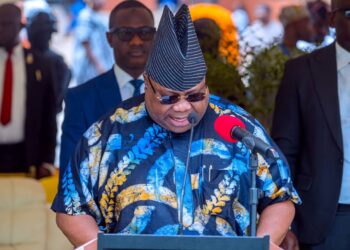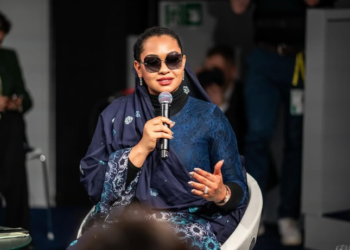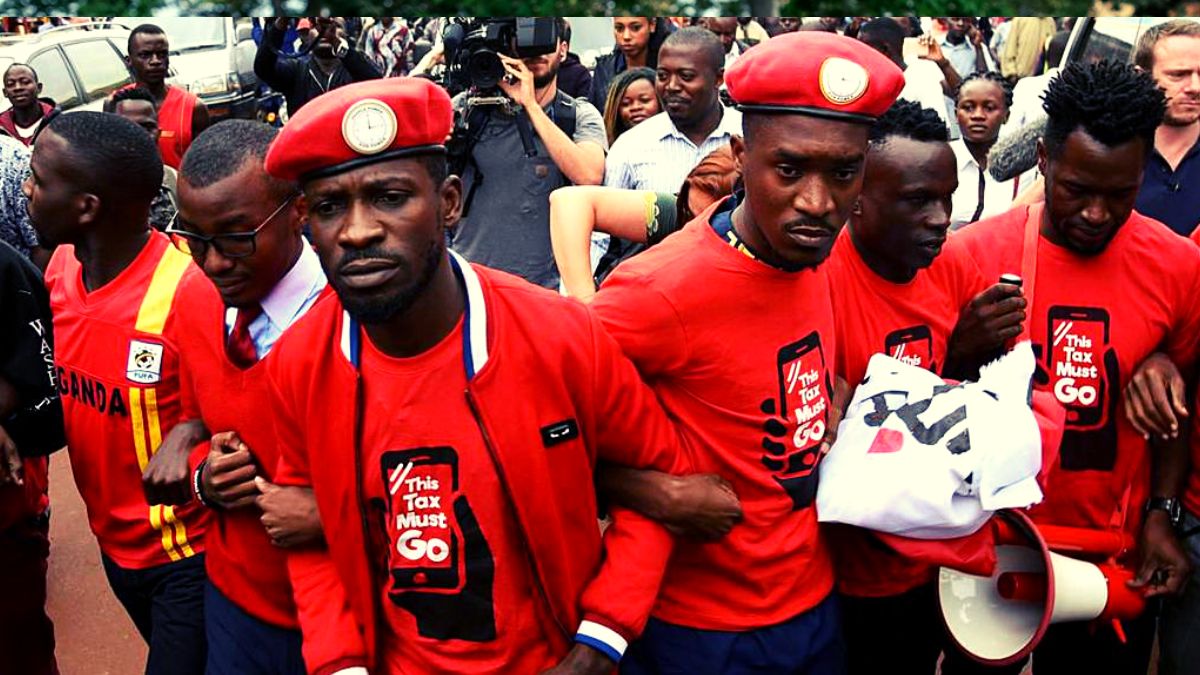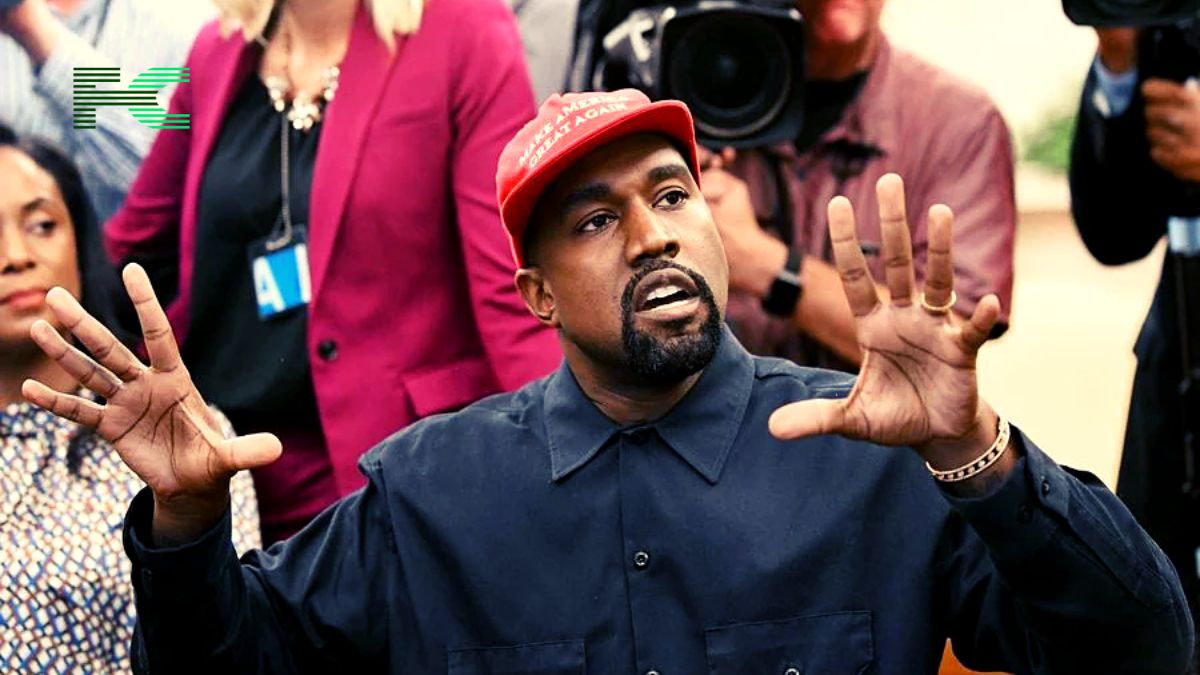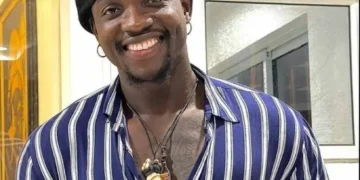Politics in Nigeria always finds a way to throw up a new “saviour.” This time, it is Gbadebo Rhodes-Vivour, the 2023 Labour Party governorship candidate in Lagos, who has now defected to the African Democratic Congress (ADC).
A Coalition or Just Another Gathering?
The ADC has been selling the idea of a coalition strong enough to dislodge the All Progressives Congress (APC) in 2027. Gbadebo’s entry is being framed as a historic moment, the strengthening of a “third force.” But in all honesty, we’ve heard this “third force” story too many times. From 2015 to 2019 to 2023, alliances and coalitions pop up like mushrooms before every election, only to fizzle out when it’s time to face the APC machine.
The keyword here is unity. Gbadebo himself admitted that dividing the opposition again will be a disaster. He’s right. But Nigerian opposition parties have a long history of promising unity and then breaking into factions once egos and money enter the picture.
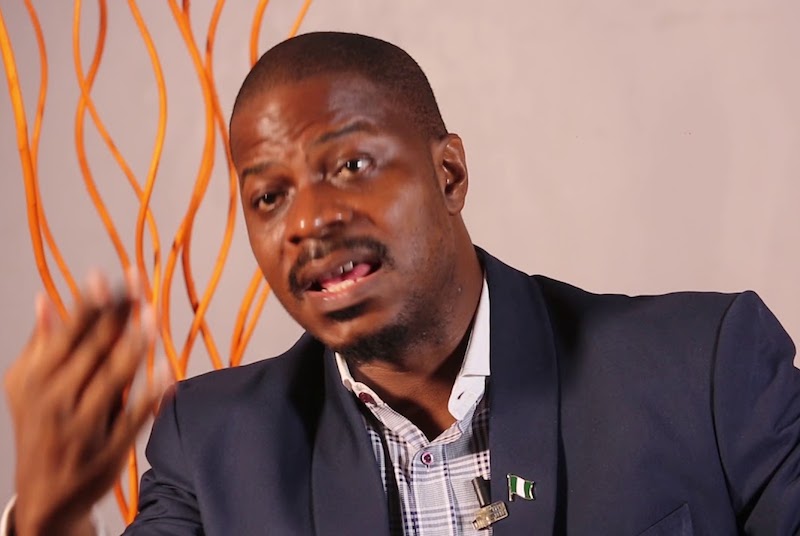
Gbadebo as the Face of Youth Politics
Gbadebo Rhodes-Vivour has one thing going for him: he represents youth, energy, and a hunger for change. In 2023, he shook Lagos, rattling the establishment even if he didn’t win. The ADC clearly wants to use his influence to tap into the restless young voters who feel betrayed by both APC and PDP.
But here’s the problem—youthful image doesn’t automatically translate to political power. Nigeria’s elections are still heavily controlled by structures: money, godfathers, and grassroots mobilization. Gbadebo has passion, but does ADC have the nationwide structure to convert that into votes in 2027?
The Police Drama and Old Tricks
The attempted disruption of his declaration event by the police is also a sign of what lies ahead. If Gbadebo and ADC already face resistance at this early stage, imagine what the ruling party will unleash when the campaign heats up. Nigerian politics isn’t a fair game; it’s a battlefield where the state often leans towards incumbents.
Gbadebo’s outcry that the police tried to frustrate his event might draw sympathy now, but in reality, it shows how steep the hill is for any opposition. Sympathy doesn’t count ballots.
Can ADC Rescue Nigeria in 2027?
The phrase rescue Nigeria sounds noble, but Nigerians have been promised rescue for decades. Every election, a party comes forward saying they will save the country from corruption, insecurity, and bad governance. What makes ADC different?
Supporters argue that this is not just a party but a “movement.” Nice words. But movements need discipline, clear ideology, and resources. Without these, the coalition may end up as just another noisy crowd with posters.
The truth is, Gbadebo’s defection to ADC adds spice to the political game, but it doesn’t automatically mean rescue is around the corner. The real test is whether opposition leaders, Obi, Atiku, Gbadebo, and others, can genuinely work together without turning on each other before 2027. Nigerians have seen too many false dawns to trust easily.
Final Thought
So, Can Gbadebo’s Defection to ADC Really Rescue Nigeria in 2027? It depends. If opposition egos are tamed and resources are pooled, it could shake things up. But if history repeats itself, this will just be another headline, another “movement” that ends up forgotten after election day.


